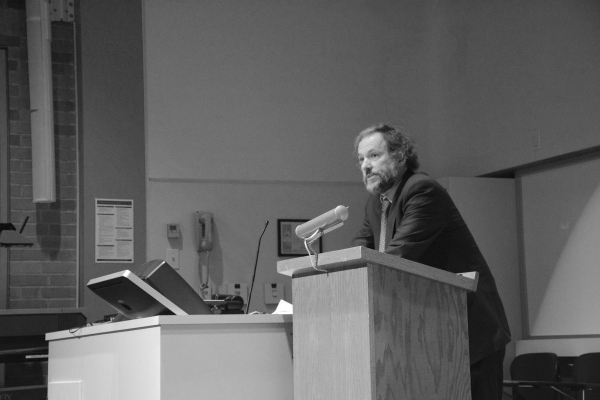 In the aftermath of World War II, two theories on international relations were put to the test: the Heartland Theory and the Rimland Theory.
In the aftermath of World War II, two theories on international relations were put to the test: the Heartland Theory and the Rimland Theory.
Anyone who has ever played the board game Risk knows that whomever controls Russia has the most bonus points and an entrance into almost every part of the world. This in essence is the Heartland Theory, or the idea that whoever controls the heartland (the majority of Russia and Siberia) controls the world.
This was extremely important in a world that had just been ravaged by global warfare. However, just like in Risk, Russia and Siberia are extremely difficult to hold, which lead to the implementation of the Rimeland Theory, or the idea that with specifically placed outposts, bases, and well-controlled areas you can surround and control the heartland, and thus control the world.
That’s one of the biggest reasons the U.S. has so many bases and outpost in that part of the world.
This past Tuesday, the Wallenberg memorial speaker, Dr. Stephen Zunes, talked about the U.S.’s foreign policy in the Middle East. The lecture, focusing mainly on Iraq and Syria, emphasized that the majority of the problems that we face in the Middle East come from a vicious cycle of violence perpetuated by imperialism.
It is, or rather should be, well known by now that the foreign policy of the United States has been extremily brutal. Since our rise to power as the new Rome in the aftermath of World War II, we have manipulated and toppled governments that, either ideologically or otherwise, do not align with our interests, and have done so both with the use of direct military force as well as with covert operations.
Initially, this was a part of a series of programs designed to prevent the spread of communism by backing regimes that remained in our sphere of influence, who were often times brutal right-wing dictators.
This was done primarily out of the fear of communism that was instilled in the United States, which created the perfect breeding ground for the mentality “the ends justify the means.”
Since the discovery and exploitation of Middle-Eastern oil, it has become one of the key regions in the world to control because it connects with both European and Asian markets.
Even though we do not directly consume a substantial amount of Middle Eastern oil, there is still enough produced in that region to greatly impact global oil prices (such as the case with the Arab oil crisis of the 1970’s). So from this, and the desire to contain communism and maintain our leverage over global markets, created a will to do what is necessary to “get the job done.”
This lead to the United States using unethical and sometimes illegal methods to ensure that resource rich countries were still “on our side.”
This is just one flavor of U.S. foreign policy, albeit one of the most bitter ones.
In the lecture, Dr. Zunes discussed the emergence of secular democratic groups in the Middle East that challenge both Western Imperialism and religious extremism.
He argued that the best solution for these groups is to work with these groups to empower home rule and create lasting diplomatic bonds, as opposed to backing oppressive warlords who can be bought.
Either way, the only way to a sustainable future is through mindful and peaceful reconciliation and a rejuvination in diplomatic practices at home and abroad.
-David Roland
